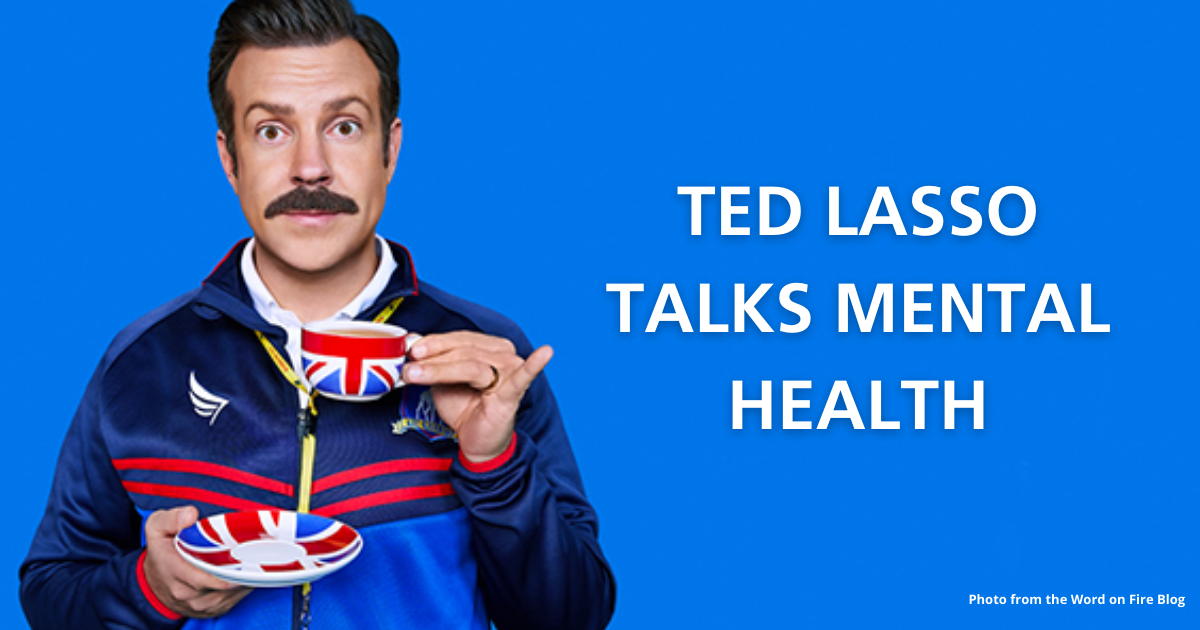Conversations around mental health are shifting significantly, with 2024 marking a pivotal year in addressing stigma and embracing openness. Societal attitudes, bolstered by high-profile advocacy and widespread education, are beginning to dismantle the barriers preventing people from seeking help. Mental health is no longer relegated to whispers; it’s being discussed openly in workplaces, schools, and public forums. This evolution represents not just a cultural shift but a necessary transformation in how mental well-being is understood and supported.
Here’s a closer look at how these changes are unfolding and what they mean for the future of mental health advocacy.
The Rise of Public Advocacy and Representation
1. Celebrity Endorsements and Awareness Campaigns
Public figures play a significant role in breaking down mental health stigma. Over the last few years, celebrities, athletes, and influencers have candidly shared their struggles with anxiety, depression, and other mental health issues. In 2024, campaigns like It’s Okay to Not Be Okay and Mind Matters have gained traction, leveraging their platforms to encourage open dialogue.

Such initiatives highlight the normalcy of seeking therapy or medication, reducing the perception of mental illness as a weakness. This widespread representation not only normalizes conversations but also motivates individuals to prioritize their well-being without fear of judgment.
2. Media’s Role in Shaping Perceptions
Streaming platforms, films, and television shows are also contributing to the narrative. Series like Ted Lasso and documentaries exploring mental health conditions have fostered empathy and awareness. By depicting therapy as a routine aspect of life or portraying characters with relatable struggles, these mediums create relatable stories that spark critical conversations among viewers.

Changing Narratives in Schools and Workplaces
1. Mental Health Education in Schools
Schools are increasingly incorporating mental health education into their curriculums. These programs teach students about emotional regulation, recognizing symptoms, and accessing resources. Early intervention not only supports at-risk youth but also helps normalize mental health as a standard aspect of overall well-being.
In 2024, organizations such as the Mental Health Alliance for Schools have launched comprehensive workshops to train educators on identifying signs of distress. These efforts ensure that students feel supported in environments that traditionally overlooked emotional well-being.
2. Workplace Mental Health Initiatives
Employers have also begun embracing mental health conversations, recognizing their impact on productivity and employee satisfaction. Flexible work schedules, wellness programs, and Employee Assistance Programs (EAPs) are becoming more commonplace. The pandemic accelerated this trend, but in 2024, initiatives such as “Mental Health Days” and designated wellness ambassadors in companies are setting new benchmarks.

Moreover, companies are normalizing conversations about burnout, stress management, and therapy, encouraging a supportive workplace culture. Leaders are sharing their own experiences, signaling that vulnerability is a strength, not a liability.
Innovations Driving the Shift in Mental Health Conversations
1. Digital Platforms and Telehealth
The rise of digital mental health tools has revolutionized access to care. Apps offering guided meditations, mood tracking, and virtual therapy sessions make support accessible to a broader audience. In rural areas or for individuals hesitant to seek in-person care, these platforms provide an entry point into treatment.
Telehealth services in 2024 are more advanced and user-friendly than ever. Platforms like BetterHelp and Talkspace have expanded their offerings, ensuring affordability and confidentiality for users navigating sensitive conversations.
2. AI-Powered Tools
AI technologies are enhancing mental health care by providing personalized recommendations, monitoring mental states, and predicting potential crises. Chatbots equipped with cognitive behavioral therapy frameworks offer immediate support, filling gaps in traditional care settings. This integration of technology underscores the importance of mental health as part of overall healthcare.
Addressing Cultural and Generational Barriers
1. Bridging Generational Gaps
While younger generations are more open to discussing mental health, older adults often face cultural or generational stigma. Efforts to include diverse age groups in conversations are essential. Multigenerational family therapy, senior-focused support groups, and community education events are making strides in bridging this divide.
2. Overcoming Cultural Stigma

Many cultures still view mental illness through stigmatized lenses, often attributing symptoms to weakness or moral failings. Organizations working within specific communities are tailoring messages to align with cultural values, promoting acceptance and understanding. For example, mental health advocates in immigrant populations are framing therapy as a tool for resilience rather than a sign of vulnerability.
The Future of Mental Health Advocacy
As discussions around mental health continue to evolve, 2024 is shaping up to be a transformative year. The integration of mental health into primary care, increasing focus on prevention, and improved policies supporting parity between mental and physical health care are driving forces in this movement. Future advancements may include genetic testing to tailor treatments, expanded insurance coverage for therapy, and universal access to mental health education.
Advocates stress the importance of viewing mental health as an essential aspect of overall wellness. The shift towards this perspective ensures that individuals feel supported, communities are educated, and barriers to care are reduced.
Conclusion
Breaking the stigma around mental health is a collective effort requiring consistent education, advocacy, and systemic change. As 2024 continues to redefine how we approach mental well-being, it’s clear that open conversations are paving the way for a more empathetic society. From schools to workplaces, from celebrity endorsements to telehealth platforms, every aspect of modern life is contributing to this cultural transformation.
How are you contributing to breaking mental health stigma? Share your thoughts, or explore more resources and articles on our website to join the conversation!

Leave a Reply